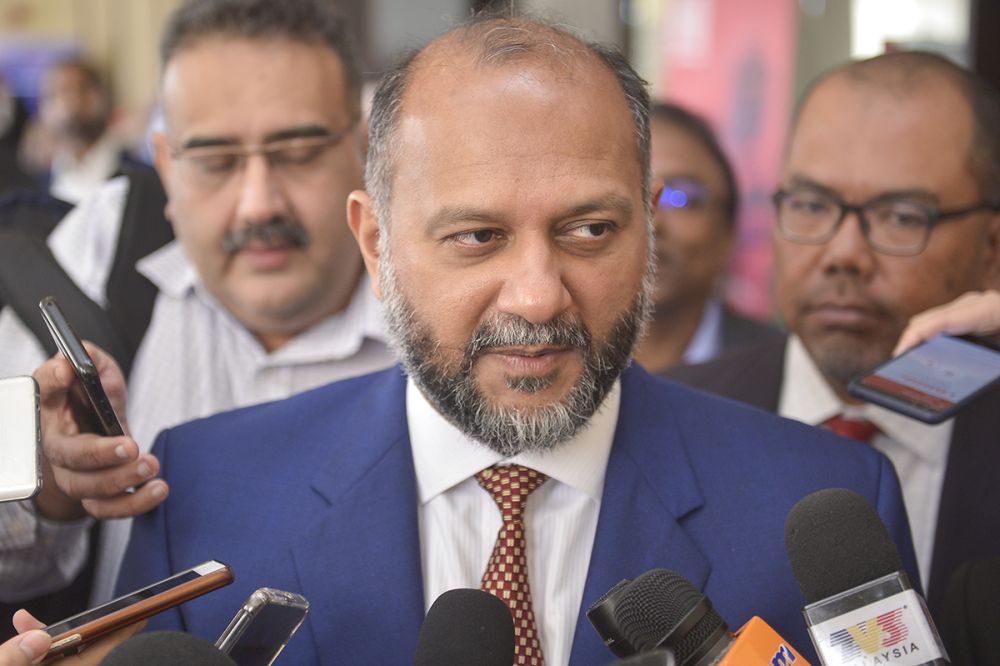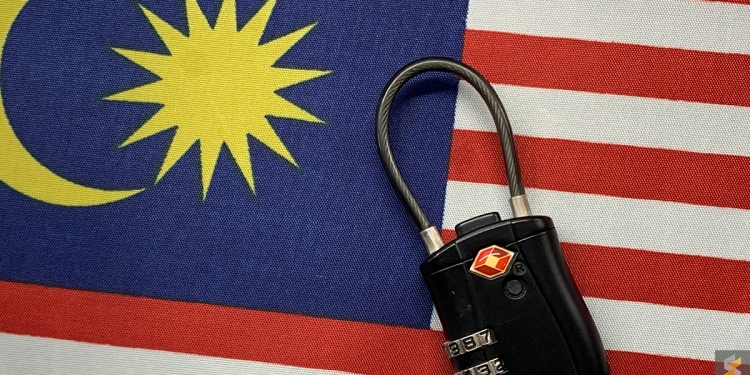The Cabinet has just approved the implementation of a National Digital ID initiative, which will supposedly increase the credibility of online applications as well as digital identities of citizens. The Ministry of Communications and Multimedia (KKMM) made the announcement earlier today, and says that they will spearhead the initiative to help improve Malaysians’ confidence in the digital economy.
According to a statement posted on their official Facebook page:
“The Ministry of Communications and Multimedia will spearhead the initiative, while a detailed study on the implementation model will be carried out by Malaysian Communications and Multimedia Commission (MCMC)”
This study will include a comprehensive study of 9 months that will begin in September 2019—with the intention of identifying and assessing the National Digital ID framework—before providing recommendations for the current Government for the implementation of the initiative.
However, it must be noted that the National Digital ID will not be a replacement for the compulsory National Registration Identification Card (NRIC), and it will not be a mandatory requirement for citizens either. KKMM explains that essentially, the National Digital ID will be an advanced identity authentication method, with regards to online identity. This will include logging in on government websites, making digital payments, or even while “setting up an account for the first time”.
Whether this extends to social media, or even how it will be implemented with other online services is anyone’s guess at the moment, with the initiative still at its preliminary stages. However, it seems that the National Digital ID will be a one-stop-login solution, with KKMM stating:
“It will be convenient for the Rakyat as they no longer have to remember different usernames and passwords for various services or carry multiple tokens to transact digitally.”
Likely to be out by mid-2020, but safeguards must be put in place

Communications and Multimedia Minister Gobind Singh Deo has said that the implementation of the National Digital ID is also to develop a “platform of trust”, which will help curb cyber fraud and cheating cases. He also revealed that the National Digital ID system is expected to be up and running during the middle of 2020.
“You could apply to be a member of that organisation by registering your application using the national digital ID. This would be a trusted and verifiable platform.”
– Gobind Singh Deo, Communications and Multimedia Minister
What’s also worth considering is the security of such an ID, which will probably be tied to a whole host of sensitive information. This could be dangerous if there was a leak, or compromise of any sort. The National Digital ID is being championed as a solution to having multiple accounts, as well as being a trustable platform that is verifiable—but safeguards need to be put in place for it to work.
A good example here would be Apple’s recent announcement at the WWDC 2019 that they would be introducing a “Sign in with Apple” option which will protect linked information by providing developers with a unique random ID. Even if the site or app requires your name and email address, you can decide whether to provide your actual email or hide it with a random email address instead. Every site or app signed up for will have a virtual email address generated by Apple as well.
The initiative for a National Digital ID was earlier proposed in October of 2018, with Communications and Multimedia Minister Gobind Singh Deo earlier announcing the project, with plans to leverage off the expertise of the Malaysian Communications and Multimedia Commission (MCMC) and Malaysian Digital Economy Corporation (MDEC), along with other relevant agencies.
In 2011, the previous Government also announced a similar attempt, although that failed to come to fruition eventually.
“It is hoped that coordinated research and efforts among the key stakeholders from all sectors, industries and the public will provide a better mechanism for the implementation of the National Digital ID in the country. It will also take into account Malaysia’s unique context including the existing MyKad and private infrastructure, current factors, as well as identifying new policies.”
Editor’s note: Some details have been amended for accuracy.








